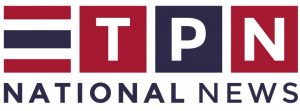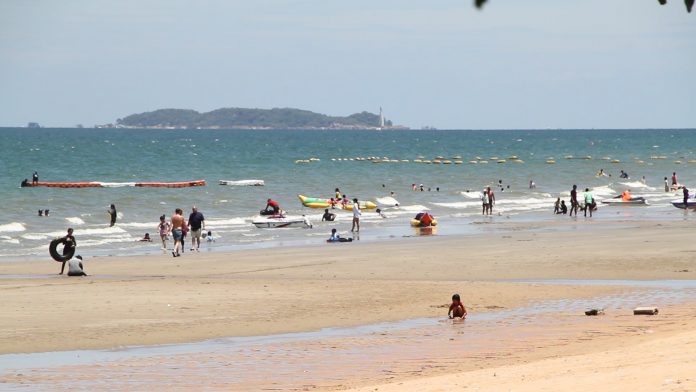The following is a press release, their statements and opinions are their own. THAILAND is an active participant and supporter of the East Asian Seas Congress.
The United Nations Development Programme (UNDP), Global Environment Facility (GEF), International Maritime Organization (IMO), and Partnerships in Environmental Management for the Seas of East Asia (PEMSEA) have joined forces to conduct a virtual regional seminar on “Biofouling Management and Invasive Aquatic Species in the East Asian Seas.” The seminar, slated for June 23, 2021, aims to catalyze government action, industry innovation, and capacity building to reduce the transfer of Invasive Aquatic Species (IAS) from international shipping and other marine sectors using a holistic approach.
Under the GEF-UNDP-IMO GloFouling Partnerships Project, the webinar aims to (1) raise awareness on the issue of minimizing the transfer of invasive aquatic species through biofouling and capacitate government representatives to participate in future meetings and negotiations on the issue; (2) exchange information and knowledge on biofouling management, approaches, best practices and innovation that are currently available in the region; (3) identify existing challenges, knowledge and technical gaps in the region; and (4) examine and consider elements and options for regional cooperation and coordination of biofouling management measures that could feed into a strategy to promote regional harmonization of biofouling management.
Expected participants include representatives from focal agencies of PEMSEA and IMO in the region, as well as relevant stakeholders from regional organizations, ocean-based industries, academe, maritime industries, marine departments of government agencies, international shipping groups, and non-government organizations.
What are Invasive Aquatic Species (IAS)?
Oceans are home to a wide variety of species such as plants, algae, fish, and micro-organisms, with some organisms finding new worlds in which to thrive. In the marine environment, IAS is capable of altering adaptive habitats, competing with native organisms for limited resources, and reducing biodiversity by causing the extinction of native plants and animals. This can lead to considerable economic impacts and the fundamental disruption of coastal and lake ecosystems.
Considered one of the greatest threats to the world’s freshwater, coastal and marine ecosystems, invasive aquatic species can cause the disruption of fisheries, biofouling of coastal infrastructure, and disruption of coastal services for tourism and recreation. Globally, the value of the economic impact of IAS has been estimated at several hundred million dollars per year. The main vectors responsible for the unintentional transfer of non-indigenous species are ballast water from ships, biofouling of mobile marine structures, and aquaculture.
Biofouling
Biofouling is used to describe the gradual accumulation of water-borne organisms on the surfaces of submerged structures that contribute to their corrosion, increased weight and drag, or decreased efficiency of moving parts. Biofouling thus presents an opportunity for invasive aquatic species to move outside of mobile marine structures—such as ships— to new habitats outside what would be considered their natural range.
While biofouling is a natural process, the problem exists when it acts as a vector for invasions or when it affects the industry and its structures. One of the root causes of the difficulty in fully and effectively curbing the spread of invasive species through biofouling is the complex and multi-sectoral nature of structures subject to biofouling. For instance, there are hundreds of thousands of boats, yachts, sailboats, oil rigs, and other floating structures in our oceans. Worse, the continued rise in sea temperature caused by climate change is allowing invasive species to colonize ocean habitats that were once too cold to be hospitable.
The UNDP/GEF/IMO/PEMSEA seminar on biofouling is the preparatory meeting for a future Regional Workshop to be conducted later in the year with the goal of defining a regional strategy for biofouling management.
For more information about PEMSEA’s involvement in GloFouling, please visit http://pemsea.org/content/glofouling.



